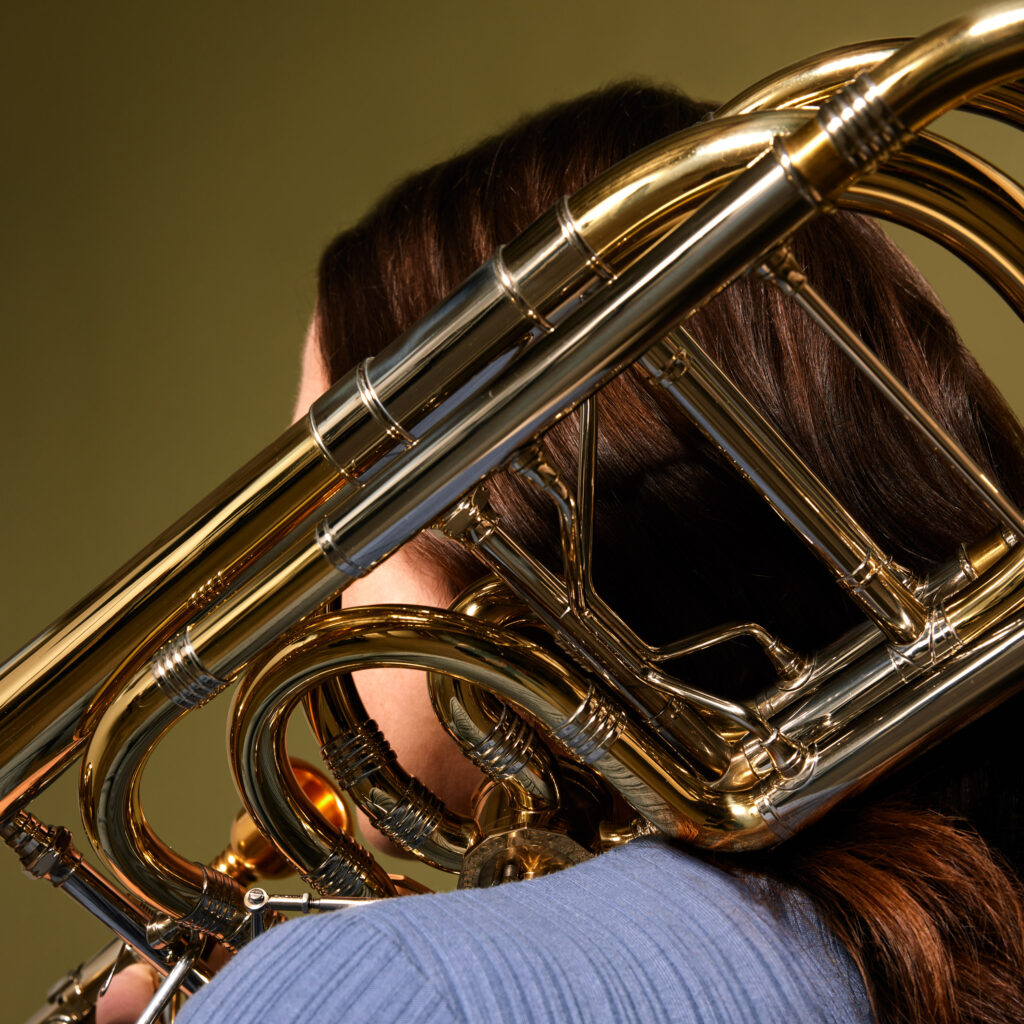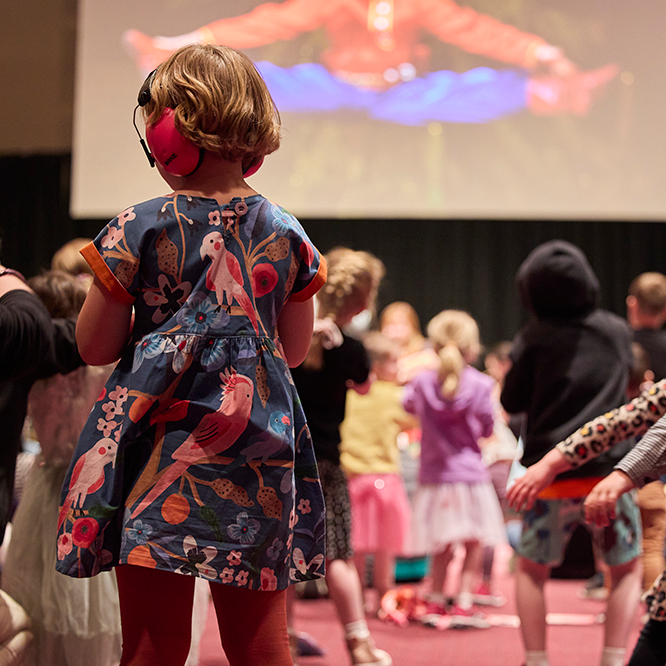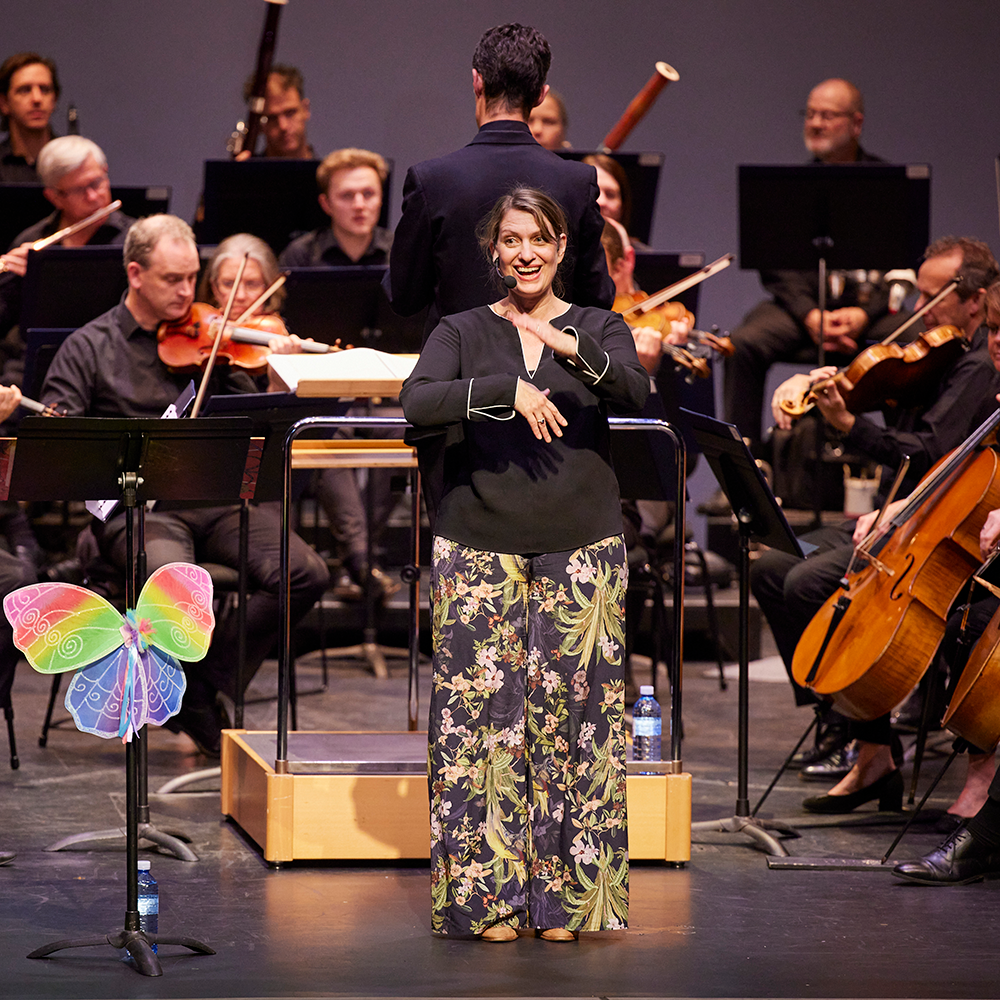Hearing Health for Musicians
- Behind the Scenes
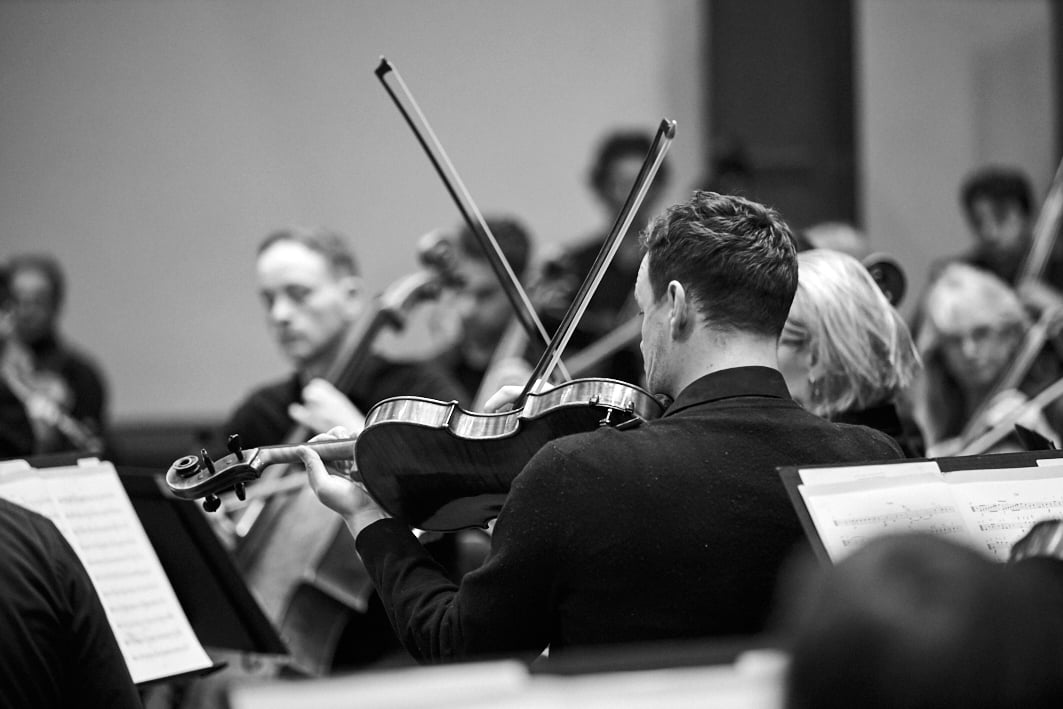
Can:Do Hearing and Adelaide Symphony Orchestra (ASO) join forces to promote the importance of hearing health to musicians, and reconnect people who have a hearing loss to music.
Can:Do Hearing are passionate about preventing hearing loss in all people.
Joel Coultas, Manager, Audiology Services of Can:Do Hearing, explains why hearing health is so important.
Let’s face it, the world is noisy! It cannot be avoided, but it is important to recognise that some noise can be harmful. Noise can be too loud, even for a brief time or when we are repeatedly exposed to the noise. Excessive levels of noise can damage sensitive structures in the inner ear and cause Noise Induced Hearing Loss. Interestingly, up to 20% of all hearing loss in Australia is due to exposure to excessive levels of noise.
How can I manage my noise exposure?
Ideally, the best solution to manage excessive noise exposure is to eliminate the source of the loud noise. However, this is not always possible or practical, but it is possible to minimise harmful exposure. Some harm minimisation strategies include, substituting the noise source with quieter machinery or processes, isolating the noise from workers, providing personal hearing protectors like earmuffs or plugs.
What about recreational and leisure noise?
It is not just industrial noise that can damage your hearing.
Did you know that to reach (or exceed) the safe daily noise limit on these everyday activities, it takes on average:
- Using a lawnmower – 48 minutes
- Using a chainsaw – 14 seconds
- Attending a rock concert – 8 seconds
- Listening to a loud stereo – 4 1/2 minutes
- Riding a motorbike – 4 1/2 minutes
Shocked?
Hearing protection is not just for the workplace! Remember to protect your hearing whenever you are exposed to loud noise.
Are portable music players safe?
Portable music players are capable of producing very loud levels of noise directed straight into the ear. Usage of these devices should be limited to no more than 1 hour per day at 60% of maximum volume to minimise damage to your hearing.
Does noise exposure cause Tinnitus?
The exact cause of tinnitus is unknown. What we do know is that individuals with a history of noise exposure often experience tinnitus. Tinnitus is a condition described as the perception of sound (often buzzing, ringing, or hissing) in the absence of any external stimulus (that is, others can’t hear a sound but the tinnitus sufferer does). The impact of tinnitus can be variable, some people manage very well, others report to feel anxious, depressed, have difficulty sleeping and feel their concentration is affected.
Has noise exposure damaged my hearing?
You would need to see an Audiologist for a hearing assessment to know for sure. However, some indicators that you may be experiencing hearing difficulty include:
- Turning the TV or stereo up to the point where it is uncomfortably loud for others
- Requiring frequent repetition
- Difficulty understanding speech on the telephone
- Finding it hard to hear in noisy situations such as restaurants or around groups of people
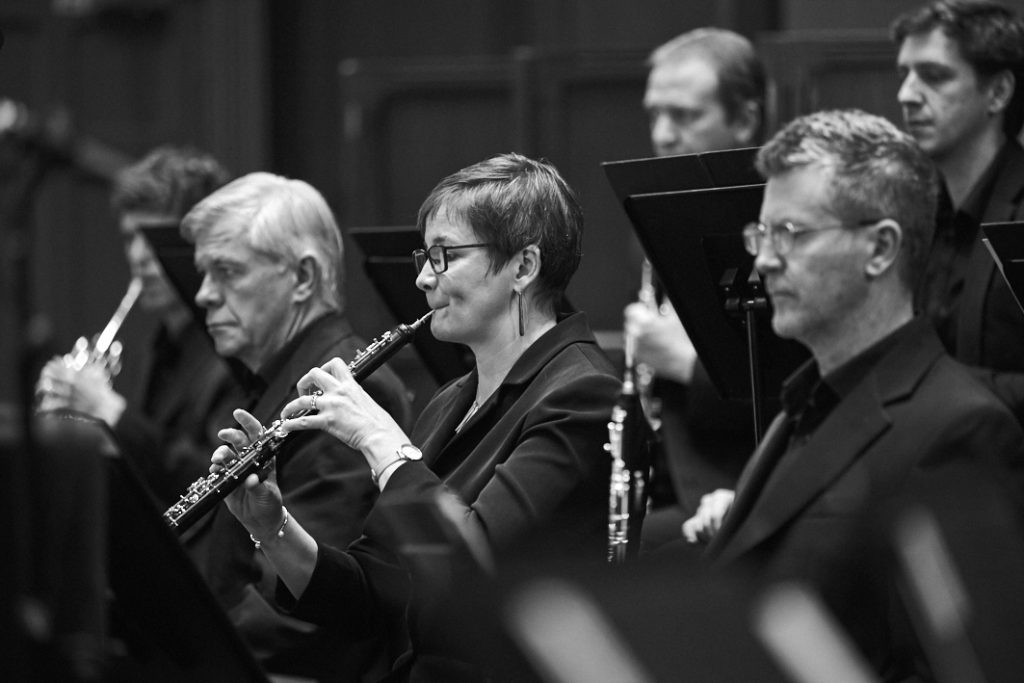
For more information on hearing assessment, compensation, ear protection or tinnitus management, call the Can:Do Hearing team on 8100 8209 or visit candohearing.com.au
Images: Claudio Raschella

